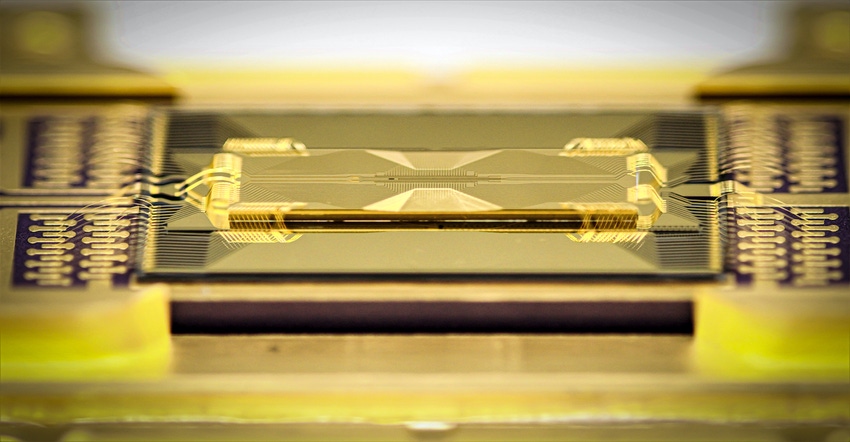Quantum bits or qubits are a prerequisite for quantum computing. But why?
September 28, 2021

To use quantum computers on a large scale, the qubit technology the drives them must be improved. Qubits are the quantum version of conventional computer bits. Increasing the number of available qubits leads to more powerful and accessible quantum computers.
What Is a Qubit?
A qubit (or quantum bit) is the quantum-mechanical analog of a classical computer bit. In classical computing, information is encoded in bits, where each bit can have the value zero or one. Similarly, in quantum computing, the information is encoded in qubits, a two-level quantum system where the two qubit states are written as ∣0⟩ and ∣1⟩. However, qubits (unlike a classical bit) can also occupy a linear combination of both states. This is known as superposition.
Increasing Qubit Counts
Companies involved in the development of quantum computers know the importance of increasing the number of available qubits. Also, these fundamental elements play a significant role in determining the quantum volume of computers, as mentioned in previous articles. The latest IBM Quantum Volume benchmark shows that quantum computing is well on its way to simulate Moore’s Law in the doubling of capabilities every year. This realization has put pressure on semiconductor EDA tool vendors to start developing sophisticated software for quantum computing.
Many companies have achieved recent breakthroughs in the development of their quantum computing technology. Almost all the breakthroughs involved – among other things - an increase in the number of new or more efficient use of existing qubits. For example, according to Honeywell, its System H1 has become the first to achieve a demonstrated quantum volume of 1024. This QV represents a doubling of its record from just four months ago. Further, the company has developed a new quantum algorithm that uses fewer qubits to solve optimization problems.
Another quantum computing company example is IonQ, which has laid the foundation for increases to qubit count into the triple digits on a single semiconductor chip.Behind the achievement is new hardware - a new type of quantum chip - that arranges the component elements of its quantum computer (ions) in a much more efficient fashion, allowing for more usable qubits from the same space via complex ion chains.
IonQ recently debuted a 4X16 Reconfigurable Multicore Quantum Architecture (RMQA) that overcomes stability challenges inherent to larger quantum computers, opening the door to quantum computers with hundreds of qubits on one chip.
Underpinning their technology is a new series of patent-pending ion trap chips that provides tighter ion confinement, improved ion lifetime, and reduced ion heating.
In related news, IonQ went public via a special purpose acquisition company or SPAC, through a merger with dMY Technology Group Inc. With the merger, the new company claims to be the world's first publicly traded quantum computing company. However, several others are set to emerge before this year’s end.
John Blyler is a Design News senior editor, covering the electronics and advanced manufacturing spaces. With a BS in Engineering Physics and an MS in Electrical Engineering, he has years of hardware-software-network systems experience as an editor and engineer within the advanced manufacturing, IoT and semiconductor industries. John has co-authored books related to system engineering and electronics for IEEE, Wiley, and Elsevier.
About the Author(s)
You May Also Like





